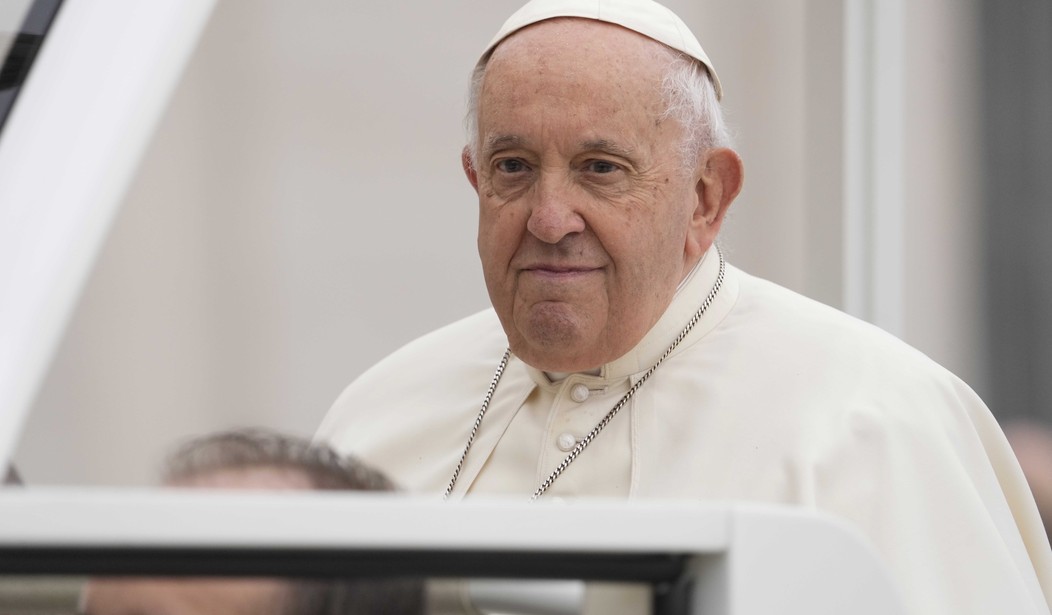The White House on Monday responded to Pope Francis’ recent condemnation of progressive gender ideology, affirming that the Biden administration will continue its support for transgender Americans. The move comes just after the Vatican released a 20-page document in which the Catholic Church argued that transgenderism conflicts with divine creation.
This clash of views highlights the complex interaction of politics, religion, and individual rights. It also puts a spotlight on the White House’s ongoing efforts to push progressive gender ideology on the rest of the public.
Following the Pope’s denouncement of gender ideology, White House press secretary Karine Jean-Pierre addressed questions about the matter during a press conference.
“We are pleased to see that the document… furthered the Vatican’s call to ensure that LGBTQ+ are protected from violence and imprisonment around the world. However, the president will continue to be an advocate for the rights, safety, and dignity of the LGBTQ+ community, including transgender people here in the U.S.”
A reporter followed, asking about the comments regarding gender theory and transgender individuals. Jean-Pierre responded, noting that it is not President Joe Biden’s role to “litigate internal church policy” and affirmed that “he’s always been very clear on the importance of protecting or having protections for the transgender community and the broader LGBTQ+ community.”
The Vatican’s document, titled “Dignitas Infinita,” was compiled over five years and delves into modern gender issues through a religious lens. The document argues that “human life in all its dimensions, both physical and spiritual, is a gift from God” and that “Desiring a personal self-determination, as gender theory prescribes, apart from this fundamental truth that human life is a gift, amounts to a concession to the age-old temptation to make oneself God, entering into competition with the true God of love revealed to us in the Gospel.”
The document unequivocally contends that attempting to change one’s gender goes against Catholic orthodoxy.
It follows that any sex-change intervention, as a rule, risks threatening the unique dignity the person has received from the moment of conception. This is not to exclude the possibility that a person with genital abnormalities that are already evident at birth or that develop later may choose to receive the assistance of healthcare professionals to resolve these abnormalities. However, in this case, such a medical procedure would not constitute a sex change in the sense intended here.
The Vatican’s pronouncements, along with the White House’s response, reflect the broader debate over gender ideology. The church’s stance runs in direct contradiction to progressives in Western nations who insist that it is possible to alter one’s gender.
The debate over gender has grown even more inflamed over recent years as issues such as “gender-affirming care” being used on children, as well as allowing biological males to compete in women’s sports, have garnered much of the national spotlight.
Those on the pro-trans side argue that transgender individuals should not face discrimination over their gender identities. However, others have raised concerns about efforts to promote gender ideology among children – especially in government-run schools, many of which have taken a stronger hand in facilitating the approach to children who might be suffering from gender dysphoria.
Moreover, many Americans have expressed reservations about allowing biological males to compete against female athletes – especially in combat sports. This issue is not going away anytime soon, but the Catholic Church’s stated stance on the matter could have a profound impact on influencing people’s perceptions and attitudes about gender.

